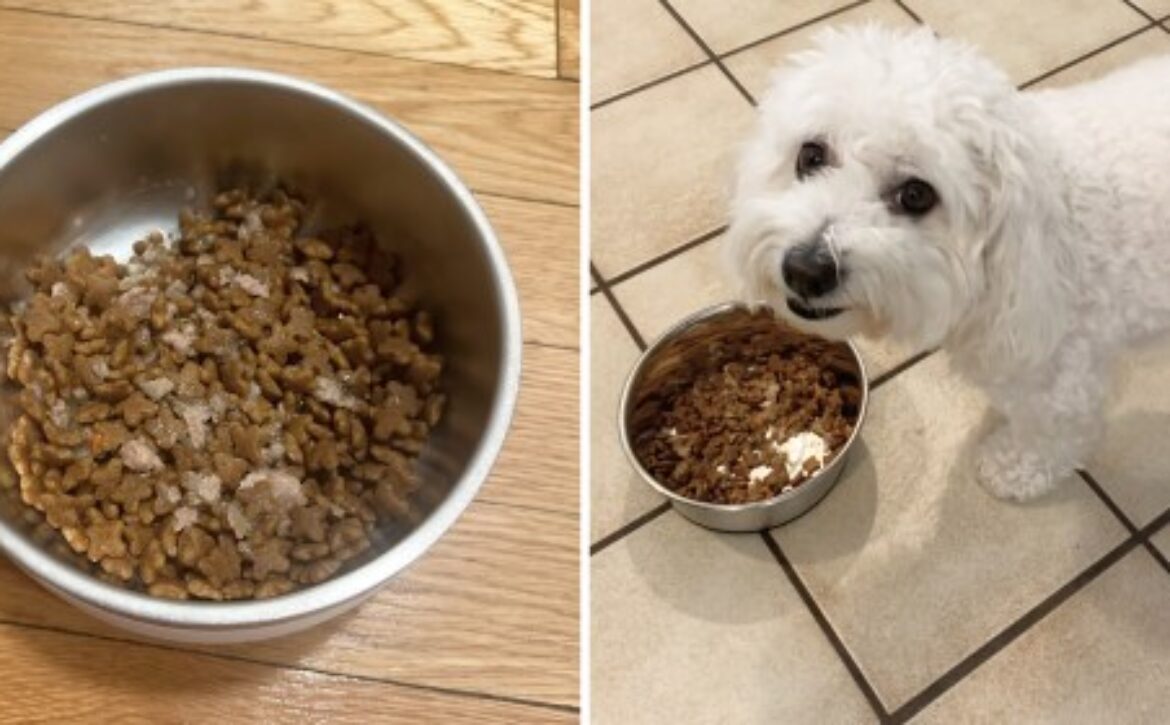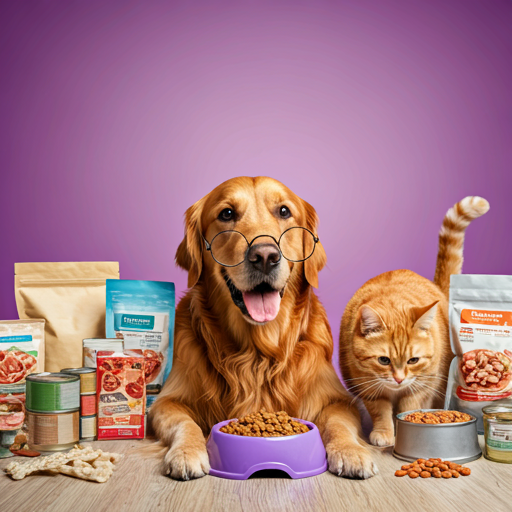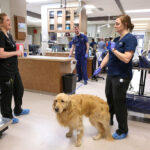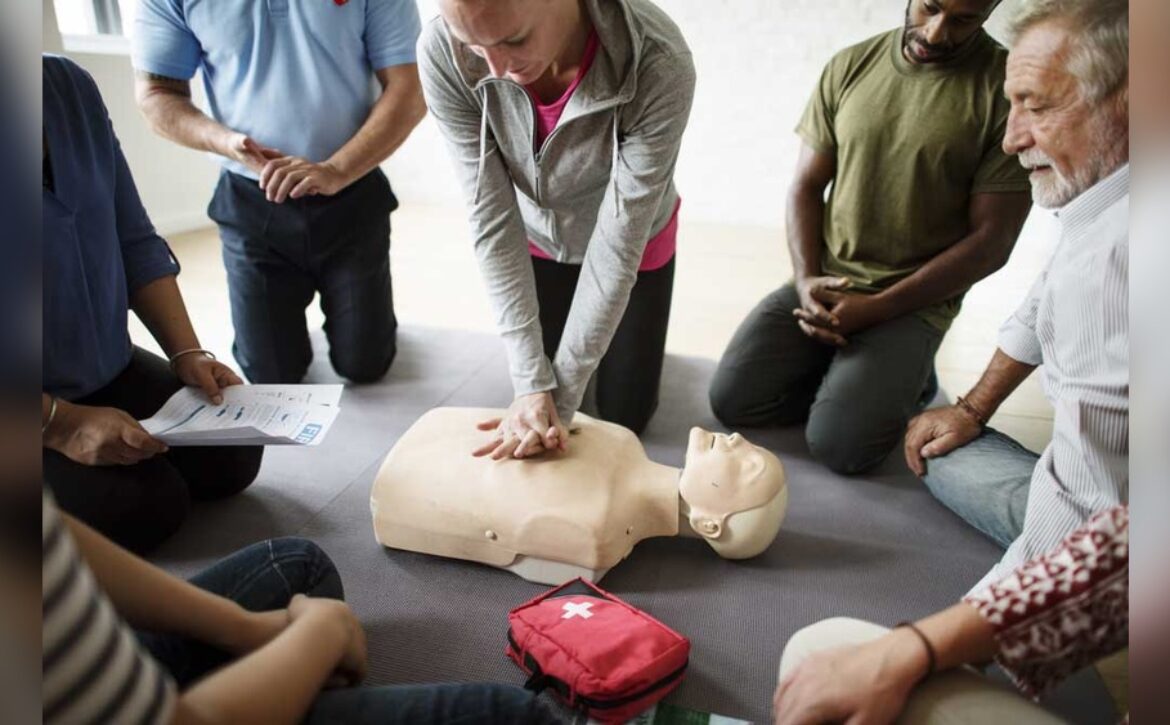
How to Become a Pet Nutrition Diploma: Expert Guide
Imagine transforming your love for animals into a rewarding career that makes a real difference in their lives. As a pet nutrition expert, you can do just that.
If you’ve ever wondered how to become a pet nutrition diploma holder, you’re in the right place. This path not only allows you to dive deep into the world of animal health but also empowers you to make informed decisions that improve the well-being of countless pets.
In this blog post, you’ll discover the steps to earn a diploma in pet nutrition. We’ll break down the process into manageable steps, ensuring you know exactly what to expect. Whether you’re a pet owner eager to know more about what your furry friend needs or an aspiring professional ready to step into a fulfilling career, this guide will show you how to achieve your goals. Stay with us as we unveil the secrets to becoming a certified expert in pet nutrition. Your journey to making a meaningful impact on the lives of pets starts here.
Exploring Pet Nutrition
Exploring pet nutrition is essential for any aspiring pet nutritionist. Understanding nutritional needs helps ensure pets live healthy lives. Pet nutrition can be complex, but it’s vital for their well-being. Learn about nutrients that support a pet’s life and vitality. This knowledge forms the backbone of a pet nutrition diploma.
Importance Of Pet Nutrition
Pet nutrition plays a crucial role in a pet’s health. Balanced nutrition supports growth, energy, and longevity. Poor nutrition can lead to health issues, affecting a pet’s quality of life. Proper diet helps prevent obesity, diabetes, and heart diseases. A pet’s behavior can also improve with the right diet. Good nutrition promotes a shiny coat and strong immune system. It can also enhance the pet’s mood and activity levels. Understanding this importance is the first step in pet nutrition.
Common Nutritional Needs
Different pets have unique nutritional needs. Dogs need proteins, fats, and carbohydrates in balanced amounts. Cats require a high-protein diet with specific amino acids. Both dogs and cats need essential vitamins and minerals. Water is crucial, as it aids digestion and temperature regulation. Fiber is important for digestion and maintaining a healthy gut. Older pets might need tailored diets for their age and health conditions. Understanding these needs helps create effective dietary plans.

Pet Nutrition Diploma Basics
Understanding pet nutrition is vital for every pet owner. Pets need balanced meals for good health. A Pet Nutrition Diploma provides the knowledge to ensure this. It is a path to gaining expertise in pet dietary needs. This qualification can open doors to exciting career opportunities in the pet industry.
What Is A Pet Nutrition Diploma?
A Pet Nutrition Diploma is a specialized course. It focuses on animal dietary requirements. The course covers various topics. These include nutrient types, pet health, and meal planning. Students learn about different animals’ nutritional needs. The diploma equips you with essential knowledge. This qualification is recognized in the pet care field.
Benefits Of Earning A Diploma
Gaining a Pet Nutrition Diploma offers many benefits. It enhances your understanding of pet health. This knowledge can improve pet well-being. The diploma can also boost career prospects. It is valued by employers in the pet industry. A diploma can also lead to higher earnings. This qualification sets you apart from others. It shows dedication to pet care excellence.
Choosing The Right Course
Choosing the right course for your Pet Nutrition Diploma is crucial. This decision can shape your future career and affect your ability to help pets live healthier lives. With so many options available, it’s essential to make an informed choice that aligns with your goals and learning style.
Accredited Institutions
Accreditation matters when selecting a course. It ensures the program meets high standards and is recognized by potential employers. You wouldn’t want to invest time and money into a diploma that lacks credibility.
Research institutions that offer accredited Pet Nutrition Diplomas. Look for schools with a solid reputation in veterinary sciences. Consider asking alumni about their experiences and outcomes.
Accreditation can also enhance your confidence in the course content. Knowing that the curriculum is vetted by professionals can reassure you that you’re receiving quality education.
Online Vs. In-person Learning
Decide how you prefer to learn. Online courses offer flexibility, allowing you to study at your own pace from anywhere. This can be a lifesaver if you have other commitments.
On the other hand, in-person learning provides direct interaction with instructors and peers. It may offer a richer experience with hands-on activities and real-time feedback.
Reflect on your lifestyle and learning preferences. Do you thrive in a structured classroom setting, or do you excel when you manage your own schedule? Your choice can impact your success in the program.
Key Curriculum Components
Investigate the curriculum components before enrolling. A comprehensive course should cover topics like pet dietary needs, nutrient analysis, and food safety.
Consider the depth of each subject. Does the course provide practical insights and real-world applications? You want to emerge with skills that can directly improve pet health.
Ask yourself what skills you want to gain. Are you interested in formulating diets, understanding pet allergies, or learning about commercial pet food production? Ensure the curriculum aligns with your interests and career aspirations.

Skills And Knowledge Development
Embarking on a journey to earn your Pet Nutrition Diploma is an exciting step toward understanding the nutritional needs of animals. Developing skills and knowledge in this field opens doors to a rewarding career. It involves mastering various techniques and acquiring critical knowledge to ensure you can provide the best dietary advice for animals.
Understanding Animal Diets
Understanding animal diets is crucial for anyone serious about pet nutrition. You need to learn the dietary requirements of different species, from cats and dogs to rabbits and birds. This knowledge helps you tailor diets to ensure pets receive the nutrients they need. Consider the varying needs of a senior dog compared to a puppy. Do you know which vitamins are vital for a parrot’s health? Gaining insights into animal diets enables you to make informed decisions that improve pet health.
Nutritional Analysis Techniques
Developing nutritional analysis skills is like learning to read a pet’s nutritional roadmap. You must be able to evaluate food labels and understand ingredient lists. The ability to analyze nutritional content is essential for assessing the quality of pet food products. Would you be able to spot hidden sugars or low-quality fillers in pet food? Practice analyzing different products and understanding what they mean for pet health. These skills ensure you’re not only recommending but also verifying the best options for pets.
Diet Formulation Skills
Diet formulation skills are about creating balanced meals for pets based on their specific needs. You should know how to combine various food elements to meet the dietary requirements of individual animals. Imagine crafting a meal plan for a diabetic cat or a high-energy dog—how would you ensure it supports their health? Learning how to formulate diets involves creativity and precision. It’s about balancing proteins, fats, and carbohydrates to optimize pet health. These skills empower you to design diets that cater to the unique needs of each pet.
As you develop these skills, ask yourself: What impact will your expertise have on the lives of pets and their owners? The knowledge you gain is not just theoretical; it’s a practical tool that can transform the wellbeing of animals you work with.
Career Opportunities
Considering a diploma in pet nutrition? It opens up a world of career opportunities. Whether you’re passionate about working directly with animals or prefer advising pet owners, there’s a path for you. Let’s explore how you can turn your passion into a rewarding career.
Pet Nutritionist Roles
As a pet nutritionist, you play a crucial role in improving animal health. You get to create balanced diets tailored to each pet’s unique needs. Imagine the satisfaction of seeing a once-ailing pet thrive because of your dietary recommendations.
Many companies, from pet food manufacturers to animal shelters, seek qualified nutritionists. They need experts who can ensure their products and services meet the highest standards. It’s an opportunity to influence the industry and make a difference in countless pets’ lives.
Working With Veterinary Clinics
Veterinary clinics often collaborate with nutritionists to enhance their services. By working alongside vets, you can help diagnose and treat dietary-related health issues. Your expertise can be instrumental in creating comprehensive care plans.
Consider the trust pet owners place in their vets. Now, imagine being the nutrition expert they turn to for advice. It’s a rewarding role that combines science with compassion, and it helps build lasting relationships with both vets and pet owners.
Starting A Consulting Business
If you have an entrepreneurial spirit, consider starting your own consulting business. This path offers flexibility and the chance to work with a diverse range of clients. You could advise pet owners directly or consult for pet-related businesses.
Launching a consulting business allows you to set your own schedule and define your specialty. Whether you’re interested in exotic pets or specific dietary needs, there’s a niche waiting for you. Are you ready to take control of your career and make a personal impact in the pet world?
With these career paths, a diploma in pet nutrition is more than just a qualification—it’s a gateway to fulfilling work that aligns with your passion for animals.

Continuing Education And Certification
Embarking on the journey to become a pet nutrition diploma holder is both exciting and rewarding. Your passion for pets and their well-being can now be transformed into expertise. However, this path doesn’t stop at the initial diploma. Continuing education and certification are crucial for staying ahead in the dynamic field of pet nutrition.
Advanced Courses
Advanced courses offer the opportunity to deepen your knowledge and skills. These specialized courses cover topics like dietary formulations, nutritional requirements for specific breeds, and the impact of various diets on pet health.
Consider enrolling in courses that challenge your understanding and push you to learn new concepts. Many institutions offer online classes, making it easier to balance your studies with daily commitments.
Think about what aspect of pet nutrition excites you most. Is it creating balanced diets for aging pets? Or perhaps it’s understanding the intricacies of raw diets. Find courses that align with your interests and career goals.
Professional Associations
Joining professional associations can be a game-changer for your career. These organizations provide access to valuable resources, networking opportunities, and industry updates.
Consider becoming a member of associations like the American Academy of Veterinary Nutrition or the Pet Nutrition Alliance. These memberships often come with perks such as discounts on conferences and seminars.
Engage with other professionals in the field. Share experiences, ask questions, and offer insights. This interaction can lead to collaborations or mentorships that propel your career forward.
Keeping Up With Industry Trends
The pet nutrition landscape is continually evolving. New research, products, and philosophies emerge regularly. Staying informed is vital for any pet nutritionist.
Subscribe to reputable journals and newsletters to receive the latest studies and findings. Attend workshops and webinars to hear from experts and gain fresh perspectives.
How do you stay updated on industry trends? Consider setting aside dedicated time each week to review new materials. This proactive approach ensures you remain relevant and informed.
Tips For Success
Gain a Pet Nutrition Diploma by studying animal diet essentials. Focus on coursework involving nutrient needs and health benefits. Practical experience in pet diet planning enhances your understanding.
Embarking on the journey to earn a Pet Nutrition Diploma can be both exciting and challenging. Success hinges on several key factors that will not only help you excel academically but also position you for a thriving career in pet nutrition. Let’s dive into some essential tips that can make your journey smoother and more rewarding.
Building A Professional Network
Connecting with like-minded individuals can be invaluable. Attend seminars, workshops, and webinars to meet industry experts and fellow students. These events are not just about learning; they’re prime opportunities for networking. Utilize social media platforms to join groups focused on pet nutrition. Engage in discussions, share insights, and ask questions. Building relationships can lead to mentorship opportunities and collaborations. Don’t underestimate the power of reaching out to your instructors and peers. A simple email can open doors to internship opportunities or valuable advice. Remember, every connection could be a stepping stone in your career.
Staying Informed
The field of pet nutrition is ever-evolving. Stay updated on the latest research, trends, and products. Subscribe to reputable journals and newsletters. Participate in online courses and webinars that offer updates on new findings and techniques. Continuous learning keeps you at the forefront of the industry. Think about how you can incorporate new information into your studies and future practice. Are there innovative approaches you could explore? Being informed is not just about absorbing information; it’s about applying it creatively.
Practical Experience
Theoretical knowledge is crucial, but practical experience is where you truly learn. Seek internships or volunteer opportunities at veterinary clinics, pet stores, or animal shelters. Hands-on experience allows you to apply what you’ve learned. It builds confidence and competence. Plus, real-world scenarios often teach lessons that textbooks can’t. Reflect on your experiences. What challenges did you face? How did you overcome them? Sharing these stories in interviews can demonstrate your problem-solving skills and dedication to prospective employers. Earning a Pet Nutrition Diploma is just the beginning. How will you leverage these tips to shape your future in pet nutrition?
Frequently Asked Questions
What Is A Pet Nutrition Diploma?
A Pet Nutrition Diploma is a specialized course that educates individuals on animal dietary needs. It covers essential nutrients, feeding practices, and diet formulation. Completing this diploma enhances your understanding of pet health and nutrition, making you a qualified expert in advising on pet dietary plans.
How Long Does It Take To Complete?
The duration of a Pet Nutrition Diploma varies but typically takes around six months to a year. Courses are flexible, allowing for part-time study options. Some institutions offer accelerated programs, enabling completion in a shorter time frame, depending on your availability and commitment.
What Are The Prerequisites For Enrollment?
Prerequisites for enrollment vary by institution but generally require a high school diploma or equivalent. Some programs may prefer prior experience in animal care or related fields. However, many courses are designed for beginners, offering foundational knowledge in pet nutrition without extensive prerequisites.
Is Online Study Available?
Yes, many institutions offer online Pet Nutrition Diploma courses. Online study provides flexibility, allowing you to learn at your own pace from anywhere. These courses often include interactive modules, virtual workshops, and access to expert tutors, ensuring a comprehensive learning experience.
Conclusion
Becoming a pet nutrition diploma holder opens many doors. You gain valuable knowledge about animal diets. This expertise helps pets live healthier lives. Plus, it enhances your career prospects. Start by researching accredited programs. Enroll in courses that fit your schedule.
Stay committed to learning throughout the journey. Practical experience is key, so seek internships. Networking with professionals also boosts your growth. Remember, patience and dedication pay off. With effort, you can succeed in this rewarding field. Pets and their owners will thank you.
And your skills will make a difference. Now is the time to start your journey.





